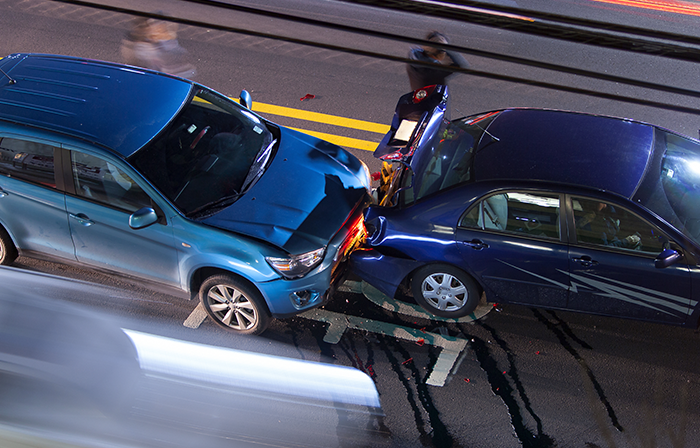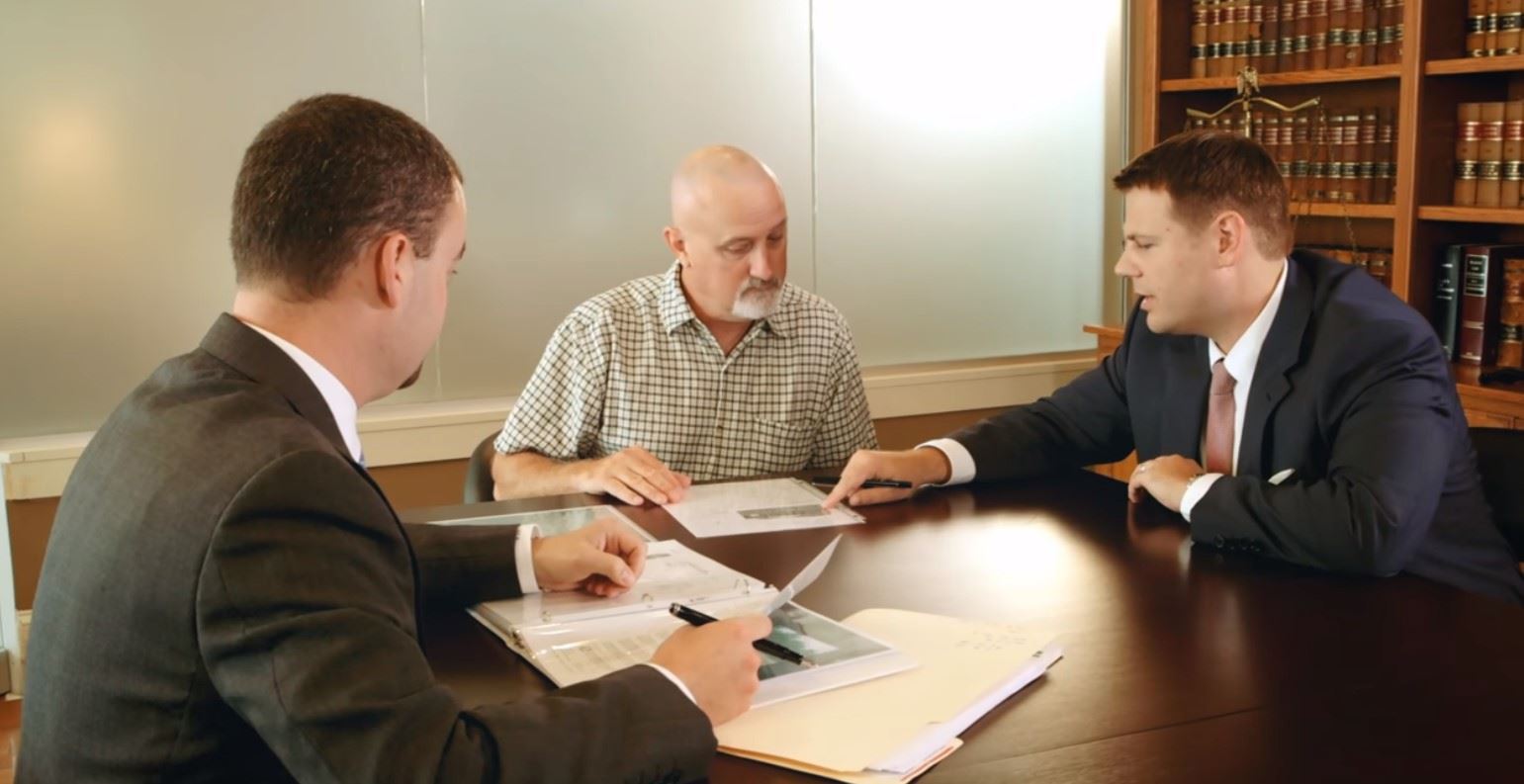

Car Accident Lawyers in Suffolk
Holding Negligent Motorists Accountable for Their Actions
If you have sustained or caused a personal injury in an automobile accident, you may be eligible to collect financial compensation. If the accident was caused due to a lack of response or attentiveness, this is known as negligence.
Negligence can occur as a result of:
- Driving while distracted
- Losing control of the vehicle
- Failing to anticipate the situation
- Driving at an unreasonable speed
- Driving under the influence of alcohol or drugs
Any of these, and more, may be cited if a driver fails to react to an impending collision or was behaving in a reckless or irresponsible manner. For a plaintiff (the injured party) to make a claim against the defendant (driver), the plaintiff must prove that the defendant caused the accident through lack of foresight, response, or control of the vehicle, or reckless driving or unreasonable speeding.
The only exceptions to these general guidelines are:
- Contributory negligence — examining the likelihood that the plaintiff created the risk of harm to him/herself or to others. Contributory negligence revokes the awarding of damages to the plaintiff.
- Comparative negligence — taking into consideration the conduct of the plaintiff to determine who was responsible for the risk. Comparative negligence allows the plaintiff to recover damages or reduce the percentage owed.
Furthermore, there are two exceptions to all of the above:
- Assumption of risk — forewarned acceptance of the fact that an injury may occur as a result of actions undertaken. If you are warned that you may be hurt by participating or choosing not to participate and you proceed to accept the risk and perform the act anyways, you have waived your right to collect damages.
- Emergency doctrine — when confronted with an emergency situation, it can sometimes be difficult to act promptly and with confidence. The emergency doctrine exists to protect those who do not react when faced with an emergency that requires immediate action. For instance, if a driver’s brakes give out and the driver fails to utilize the emergency brake, they will most likely not be found negligent.
About Negligence
Statistics compiled by the Virginia Department of Motor Vehicles show, in 2015, that nearly 126,000 automobile crashes occurred in the Commonwealth. These accidents resulted in over 65,000 injuries and 753 fatalities. When you look deeper into specifics, in particular, driver action and physical state, one can find a variety of circumstances that led to these crashes, many of which may fall under the legal definition of negligence.
When an injured party files a civil suit following an automobile accident, their Suffolk car accident attorney must be able to prove negligence, or failure to drive properly and therefore avoid a crash, on the defendant’s part.
The plaintiff’s team will look at four distinct elements to show the charged driver’s responsibility, including:
- Duty – every driver sitting behind the wheel has a duty to observe traffic laws. This may include ensuring the vehicle is safe to drive, that posted speeds are maintained, and that the driver properly signals at turns and passing's and yields to other automobiles. Physical state is also a factor in duty, as a lawsuit can take into consideration the driver’s condition at the time of the wreck. Were they drunk, driving late at night without sleep, or on medication? To prove neglect of duty, it must be shown the driver hadn’t taken all safety measures into consideration.
- Breach – when a driver breaches their duty, they disobey traffic regulations and put passengers and those in other cars at risk. Here, a plaintiff will need to show how a defendant exceeded a speed limit, failed to signal at a pass or turn, ran a stoplight, or committed another traffic violation. Driving while intoxicated or distracted, perhaps while using a mobile phone, can be considered breaches if it’s shown the driver was affected.
- Causation – negligent actions can cause accidents, and in proving causation in a civil suit, the plaintiff may look to witnesses and police reports for details on how the defendant’s failure to observe traffic laws resulted in a crash.
- Damages – what injuries did the plaintiff sustain as a result of the accident? What was the extent of damage to the plaintiff’s vehicle and any belongings? A civil lawyer will look at these and other factors, such as missed wages and hospital and therapy bills, when moving forward with a suit.
How Long After a Car Accident Can You Sue in Virginia?
The Virginia statute of limitations states a person must either file a personal injury case or settler their injury claim against the culprit's insurance company within two years from the car accident date.
When Should You Contact An Attorney After A Car Accident?
There are no real specific guidelines when to hire a personal injury attorney; however, it is always recommended to hire an attorney as soon as possible after an accident. The at-fault party will immediately notify their insurance company, who will then try to take advantage of the issue and discuss what happened.
If you have suffered injury following an accident caused by another driver due to negligence, you may be eligible for financial compensation. A reputable car accident attorney in Suffolk with experience in civil automobile lawsuits can work with you to prove the defendant’s neglect to maintain a safe environment while driving. If you have questions about negligence as related to car accidents, contact Bush & Taylor, P.C. today. We serve individuals across Virginia Beach and Eastern Shore.
Call Bush & Taylor, P.C. today at (757) 926-0078 or contact us online to schedule your initial consultation with our Suffolk car accident lawyers. No consultation fee!








